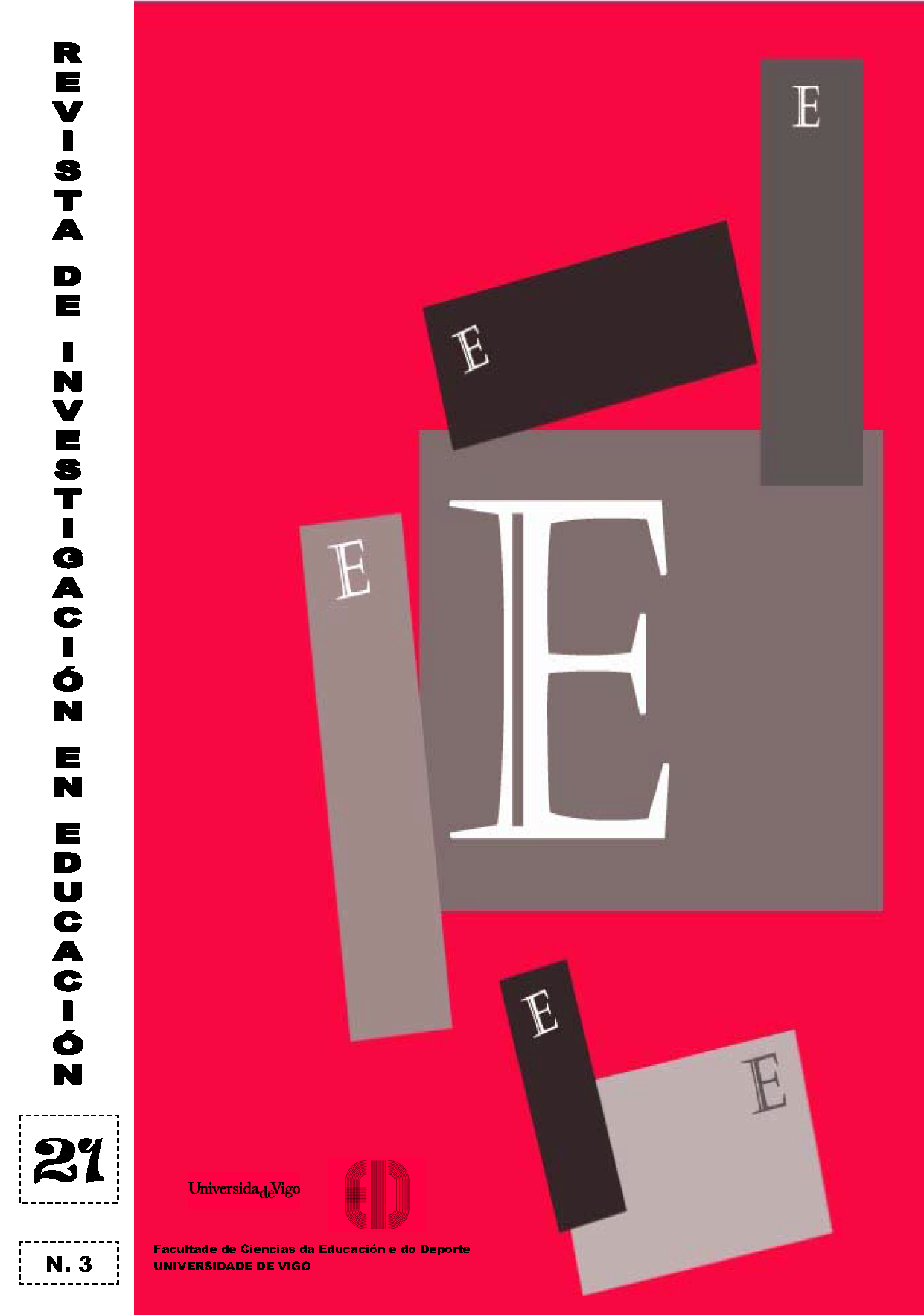Retos y oportunidades de la enseñanza superior no presencial para los estudiantes universitarios con y sin necesidades educativas diversas
DOI:
https://doi.org/10.35869/reined.v21i3.4976Keywords:
Presence, Special Needs, Inclusion, Higher Education, Non-Classroom-Based EducationAbstract
The COVID-19 pandemic necessitated the adoption of non-face-to-face learning in higher education, allowing for the analysis of its challenges and opportunities. For this study, an exploratory-descriptive research design was used to evaluate the distance education process through the participation of students (n = 241) and professors (n = 9) from the University of the Balearic Islands (UIB) using a questionnaire and focus groups. The main challenges revolved around the need to adapt pedagogical strategies to the new teaching-learning process, as well as the lack of digital training among university faculty. Despite the limitations of non-face-to-face teaching (online and hybrid modalities), students, especially those with diverse educational needs, positively appreciated the reinvention of educational practice for its flexibility and practicality, allowing for greater adaptation and adjustment to their needs compared to pre-pandemic practices.
Downloads
Downloads
Published
Issue
Section
License
Copyright (c) 2023 Revista de Investigación en Educación

This work is licensed under a Creative Commons Attribution-NonCommercial-NoDerivatives 4.0 International License.
The acceptance of the papers for publication, means that the printing and reproduction rights are owned by the journal. The conditions of use and reuse of content are those established in the Creative Commons CC BY-NC-ND 4.0 license.



